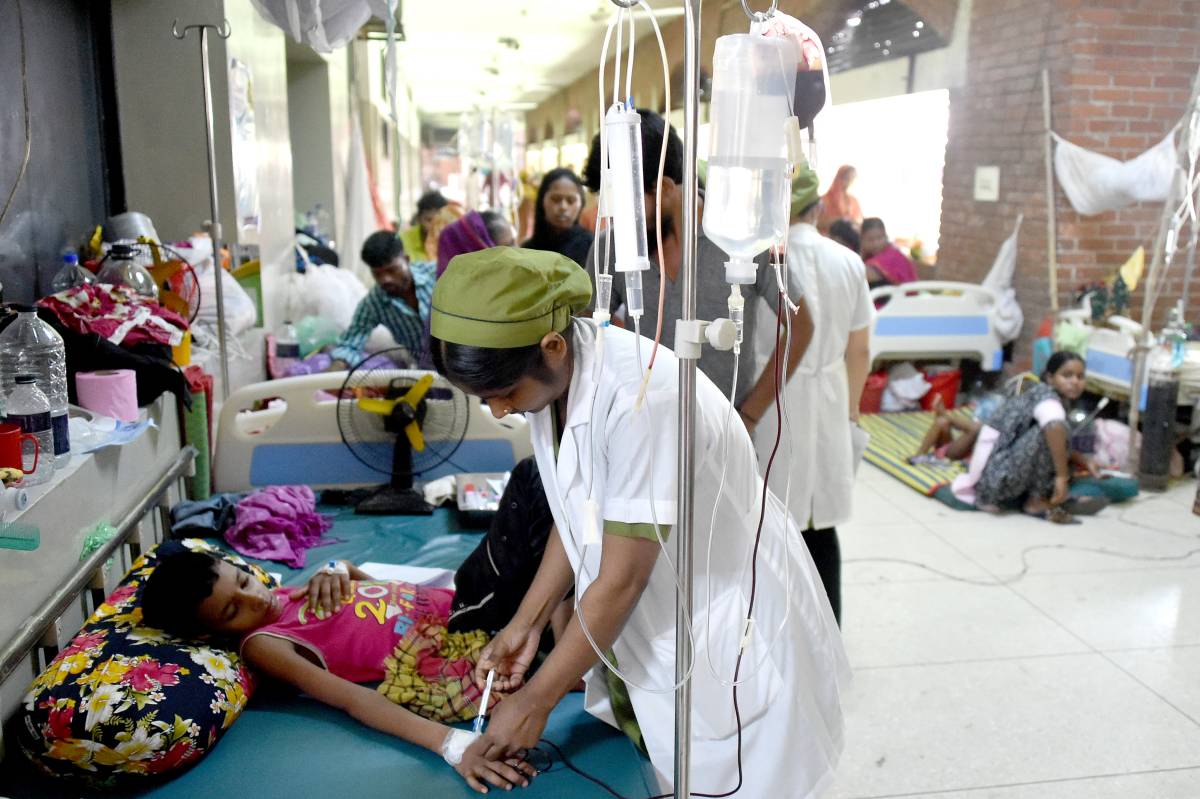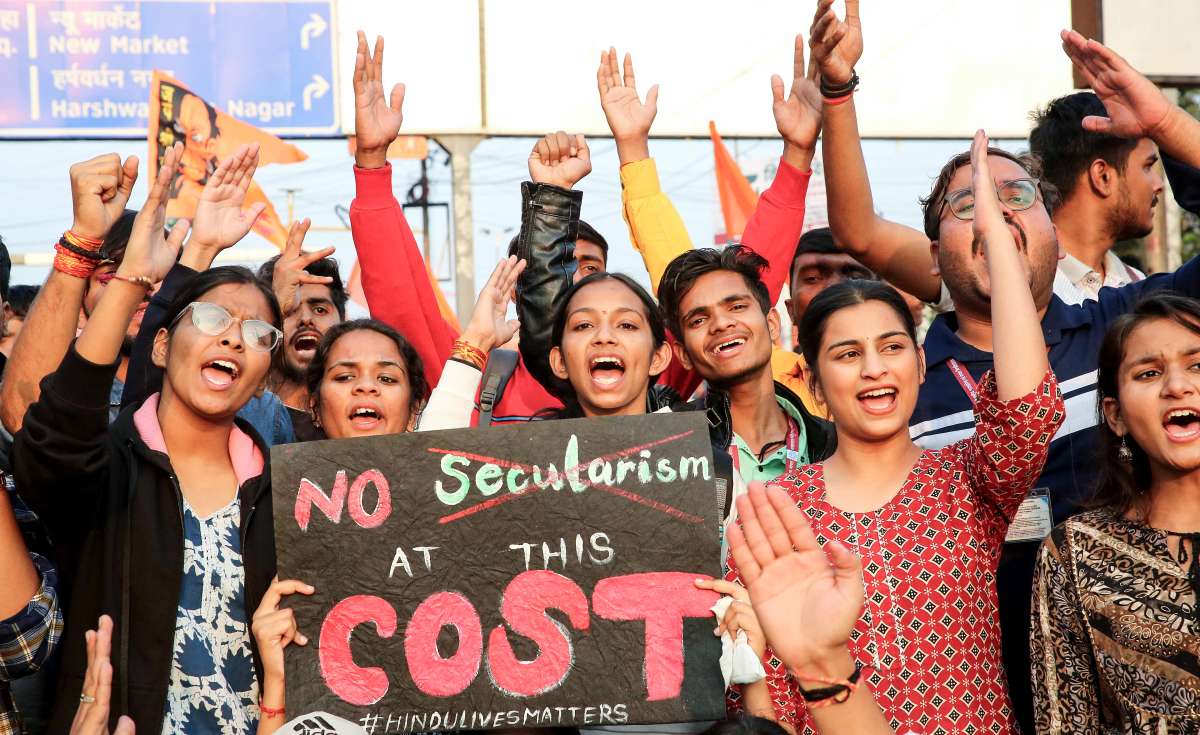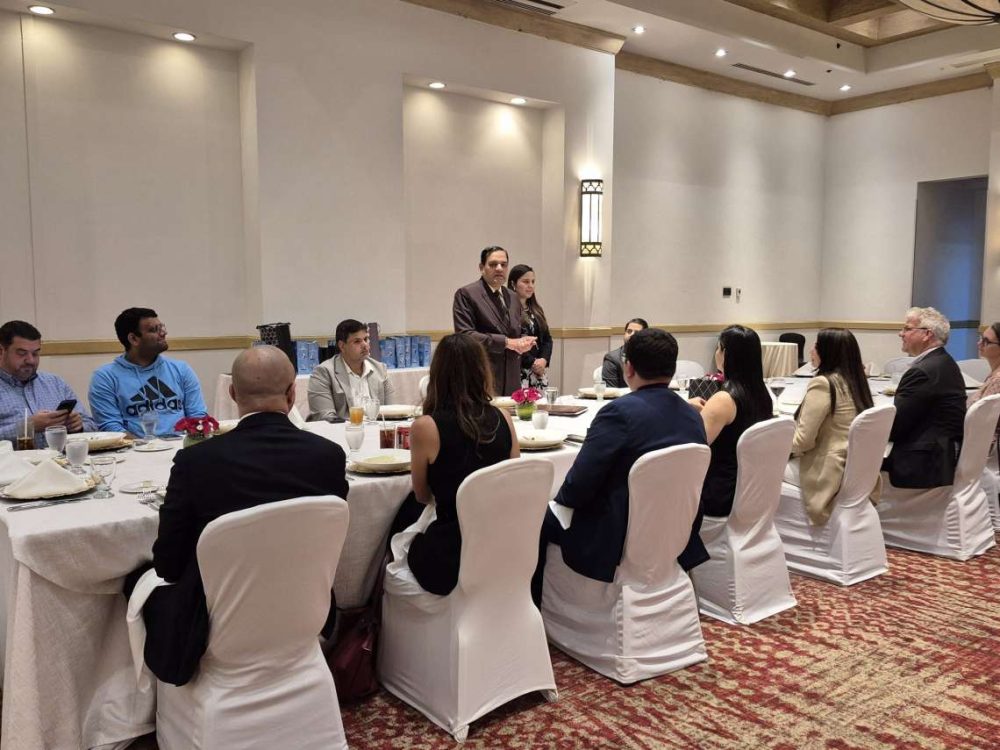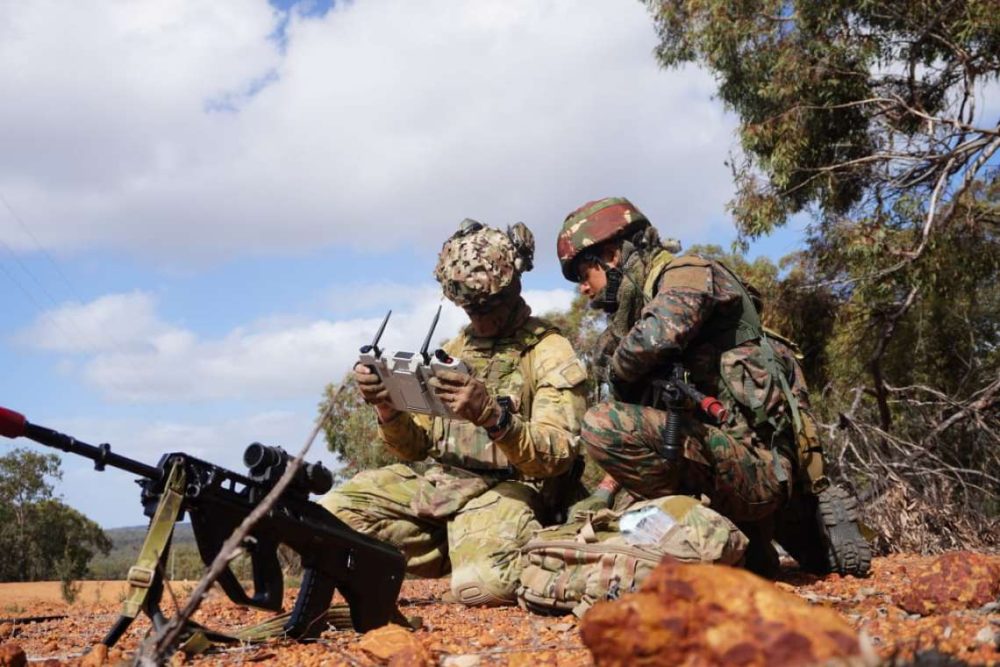Bangladesh had agreed in principle to provide logistical support to transfer humanitarian aid—such as food and medicine—across the Bangladesh-Myanmar border.
Bangladesh’s interim government led by Nobel laureate Muhammad Yunus has dismissed speculation over a potential “humanitarian corridor” for Myanmar through its territory, insisting that national security and refugee pressures rule out such a possibility. Officials say any cross-border aid delivery is strictly logistical and not a pathway for military or geopolitical engagement.
At a press briefing in Dhaka on Wednesday, National Security Adviser (NSA) Khalilur Rahman stated unequivocally that the idea of allowing a corridor through Bangladesh to Myanmar “has neither been discussed nor will be discussed.”
“There has been no discussion with anyone regarding giving a corridor to Myanmar through Bangladesh and we will not even discuss it,” Rahman said, addressing media at the Foreign Service Academy. “Bangladesh is not under pressure from any country, not even the United States.”
The comments come amid rising humanitarian concerns in Myanmar’s Rakhine State, which has been rocked by violent conflict between the Myanmar military and the Arakan Army. The crisis has left thousands displaced and facing acute shortages of food and medical supplies. The United Nations had reportedly approached Bangladesh about facilitating the delivery of aid across the land border—an idea that has stirred debate domestically.
Rahman confirmed that Bangladesh had agreed in principle to provide logistical support to transfer humanitarian aid—such as food and medicine—across the Bangladesh-Myanmar border. However, he drew a sharp line between logistics and any deeper involvement, particularly regarding notions of a “corridor” that might risk entangling Bangladesh in Myanmar’s internal conflict.
“We are only exploring the possibility of supporting humanitarian aid movement, not allowing a corridor. That’s a very different concept with serious security implications,” Rahman said. He added that future aid operations would require “consent of all stakeholders” and depend on conditions being met, including assurances from the Arakan Army that no ethnic cleansing would take place in Rakhine.
Yunus, whose government is navigating both domestic opposition and regional humanitarian challenges, echoed these sentiments in social media posts from the Chief Advisor’s official account. He reiterated that “there has been no provision of aid to Rakhine yet,” noting that the process is contingent on meeting “a number of prerequisites.”
Yunus added, “Given the deteriorating conditions in Rakhine State, the UN and Bangladesh began considering humanitarian support. Since all other routes are unviable due to conflict, Bangladesh emerged as the only feasible option for aid delivery. But this is not a political decision to open our borders—it’s a calculated humanitarian step under strict conditions.”
Bangladesh’s decision to engage informally with the Arakan Army, which currently controls parts of the Myanmar border adjoining Bangladesh, has also drawn attention. The National Security Adviser explained this was a “practical necessity” in light of the group’s de facto control over aid entry points.
“Bangladesh realised the need to keep informal contact with the Arakan Army to ensure the safety of its border and the aid process,” Rahman said. “We have conveyed to them the importance of maintaining peace and avoiding any action that would result in further Rohingya displacement.”
Bangladesh has been hosting over 1.2 million Rohingya refugees who fled waves of violence in Myanmar since 2017. According to Rahman, another influx would be catastrophic. “We simply cannot afford a second wave,” he warned, adding that from late 2023 to autumn 2024, clashes between the Myanmar military and the Arakan Army had already triggered a fresh trickle of Rohingya into Bangladesh.
Political opposition parties, particularly the Bangladesh Nationalist Party (BNP), have criticised the humanitarian aid talks, fearing that they could draw Bangladesh into Myanmar’s civil war or enable foreign military logistics. They argue that a corridor—even for aid—could inadvertently become a channel for proxy conflict, turning Bangladesh into a war zone.
Security concerns are not unfounded. Rahman acknowledged the dangers of operating in an active conflict area, including the presence of landmines and improvised explosive devices (IEDs) that pose a serious risk to aid convoys and civilians alike.
Bangladesh, he said, is coordinating closely with the UN and other international actors to ensure that any humanitarian assistance is safe, neutral, and aligned with international humanitarian law. The government has also made it clear that continued engagement with the Arakan Army depends on their conduct—particularly whether they refrain from violence and involve Rohingyas in emerging governance structures in Rakhine.
“Stability in Rakhine is key to any repatriation effort,” Rahman concluded. “Aid should not fuel conflict—it should pave the way for peace and the safe return of the Rohingya.”














